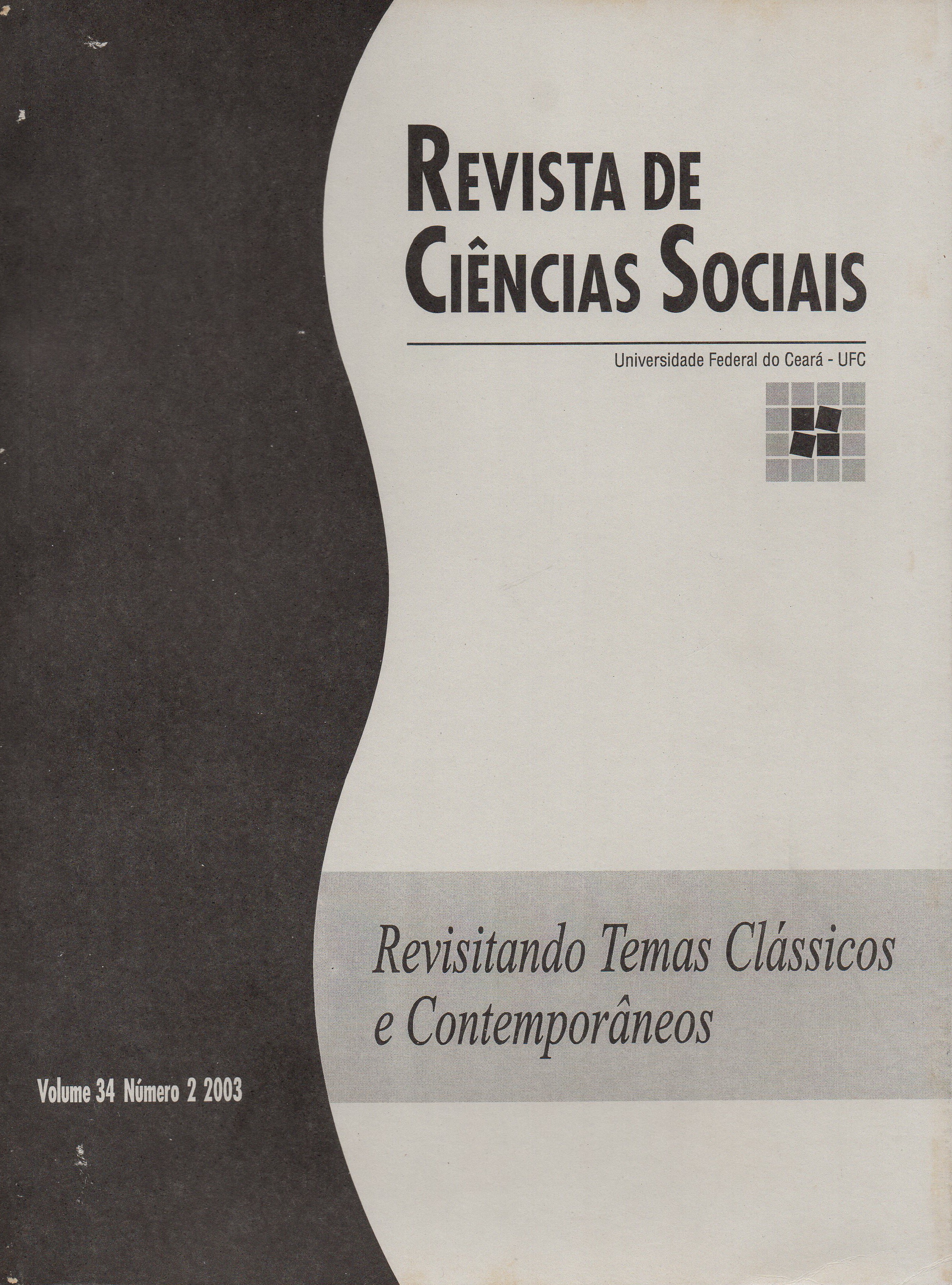WEBER ET MARX: PROTESTANTISME ET CAPITALlSME
Resumo
Ona I'habitude, aussi bien en France qu'aux USA, d'opposer Weber et Marx comme deux paradigmes contradictoires et incompatibles dans les sciences sociales. Or, malgré leurs dillérences indéniables, ils ont beaucoup um commun: ils partagent une vision du capitalisme moderne comme un systême ou les relations impersonnelles et -réiüées- remplacent les relations personnelles de dépendance, et ou I'accumulation du capital devient une lin en soi, largement irrationnelle. Leurs interprétations de I'origine du capitalisme sont, par contre, assez différentes: tandis que Marx insiste sur I'importance de Ia violence dans I'accumulation primitive du capital- sans ignorerles liens entreprotestantisme et capitalisme - Weberattribue un rôle decisil à I'affinité éléctive entreI'éthique protestanteet I'esprit du capitalisme. Seulementdeuxpassagesde sonElhique protestante, concernant Ia genêse du capitalisme en Amérique du Nord, ont une intention polémique contre le matérialisme historique.
Downloads
Downloads
Publicado
Como Citar
Edição
Seção
Licença
Autores que publicam nesta revista concordam com os seguintes termos:- Autores mantém os direitos autorais e concedem à revista o direito de primeira publicação, com o trabalho simultaneamente licenciado sob a Creative Commons Attribution License, que permite o compartilhamento do trabalho com reconhecimento da autoria do trabalho e publicação inicial nesta revista.
- Autores têm autorização para assumir contratos adicionais separadamente, para distribuição não-exclusiva da versão do trabalho publicada nesta revista (ex.: publicar em repositório institucional ou como capítulo de livro), com reconhecimento de autoria e publicação inicial nesta revista.
- Autores têm permissão e são estimulados a publicar e distribuir seu trabalho online (ex.: em repositórios institucionais ou na sua página pessoal) a qualquer ponto antes ou durante o processo editorial, já que isso pode gerar alterações produtivas, bem como aumentar o impacto e a citação do trabalho publicado (Veja O Efeito do Acesso Livre).



